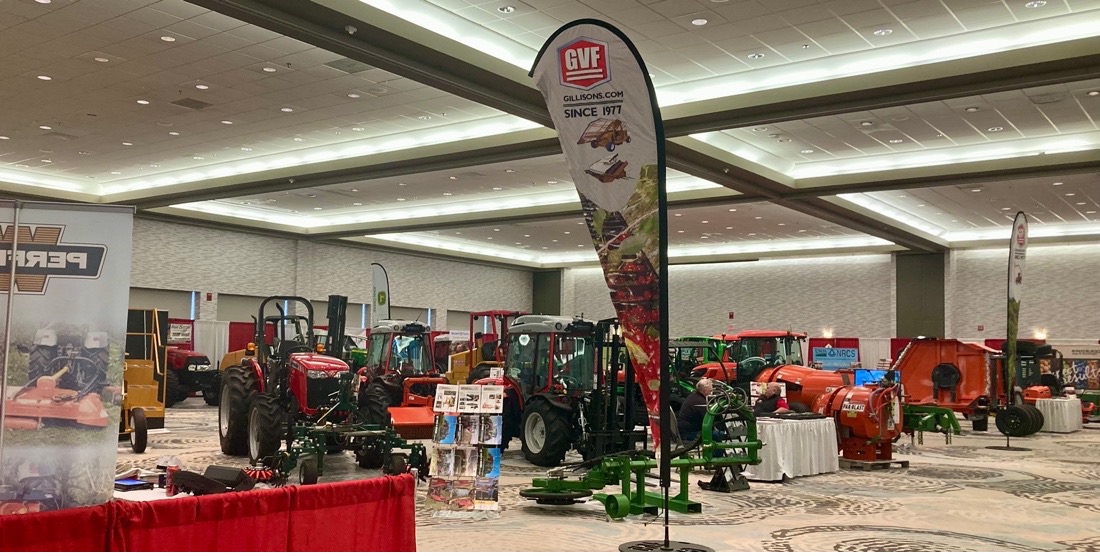Daphna Gadoth Presents at the 2024 Northwest Michigan Orchard & Vineyard Show
The two-day event in Traverse City, Michigan featured educational programs, vendor exhibits, and discussions on important issues for the Michigan fruit industry.

The 2024 Northwest Michigan Orchard & Vineyard Show, presented by the Northwest Michigan Horticultural Research Foundation in collaboration with Michigan State University Extension, AgBioResearch, and others, was a two-day event featuring lectures from key industry speakers, vendor exhibits, and discussions on important issues for the Michigan fruit industry. FCCP Senior Research Assistant, Daphna Gadoth, led a session titled, “Science of forest carbon offsets and what it might mean for growers.”

The presentation provided value to orchard growers in Northern Michigan seeking to gain a better understanding of the current science and programs related to forest carbon offsets for small private landowners, as well as potential applications and areas for future development in orchard settings.
In her talk, Daphna touched on the fundamentals of forest carbon science (including high level information on the carbon cycle and natural climate solutions), discussed management strategies for climate change mitigation—with a special focus on highlighting linkages to orchard management practices, and introduced key concepts relating to forest carbon offsets, credits, and voluntary markets.
Following the presentation, Daphna took questions from the audience and had follow-up discussions with several individuals. She learned that for many in attendance, it was the first time they felt they fully understood the concept of additionality and the role it plays in developing carbon offsets.



 Print
Print Email
Email




